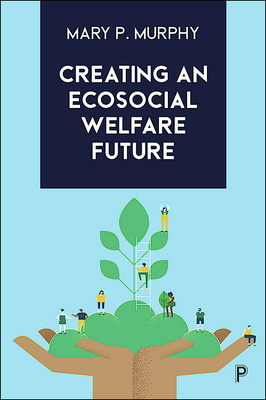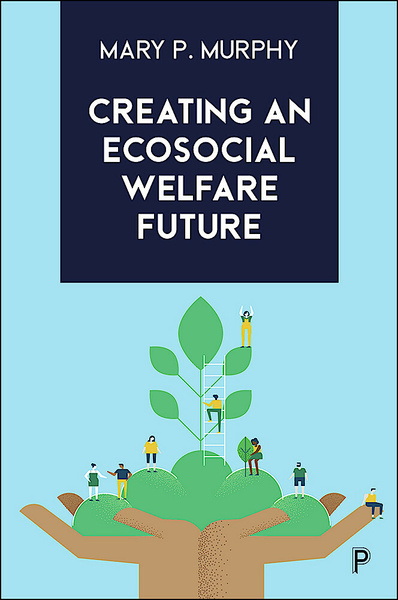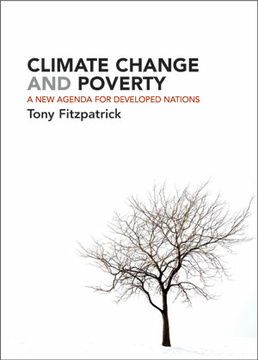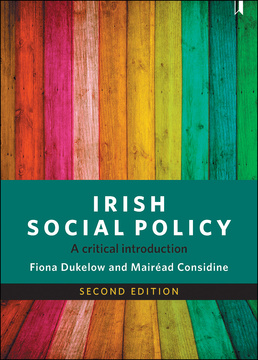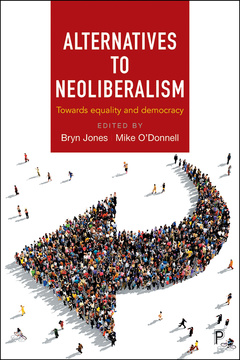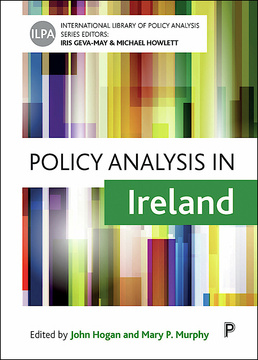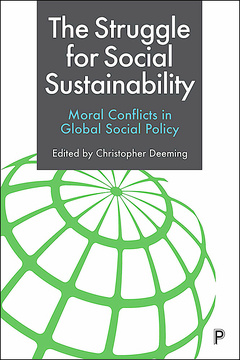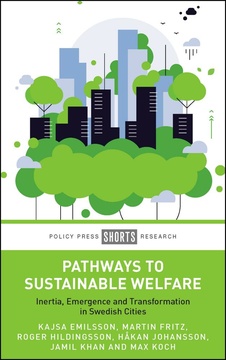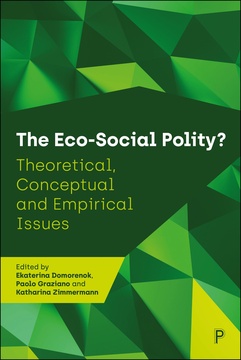Creating an Ecosocial Welfare Future
By Mary P. Murphy
Published
May 5, 2023Page count
210 pagesISBN
978-1447363569Dimensions
234 x 156 mmImprint
Policy PressPublished
May 5, 2023Page count
210 pagesISBN
978-1447363552Dimensions
234 x 156 mmImprint
Policy PressPublished
May 5, 2023Page count
210 pagesISBN
978-1447363576Dimensions
234 x 156 mmImprint
Policy PressPublished
May 5, 2023Page count
210 pagesISBN
978-1447363576Dimensions
234 x 156 mmImprint
Policy PressOn the blog:
An ecosocial welfare future
In the media:
Mary Murphy's EcoSocial Site
A uniquely hybrid approach to welfare state policy, ecological sustainability and social transformation, this book explores transformative models of welfare change.
Using Ireland as a case study, it addresses the institutional adaptations needed to move towards a sustainable welfare state, and the policy of making such transformation happen.
It takes a theoretical and practical approach to implementing an alternative paradigm for welfare in the context of globalisation, climate change, social cohesion, automation, economic and power inequalities, intersectionality and environmental sustainability, as well as perpetual crisis, including the pandemic.
“Mary Murphy’s book, Creating an Ecosocial Welfare Future represents a vital Irish contribution to the growing body of scholarly work advocating a new ecosocial paradigm, a model of political economy that offers a real alternative to the hegemonic model of neoliberalism which has cast such a dark shadow, leaving a legacy of inequality and the erosion of social cohesion as a legacy of its decades of prominence. Creating an Ecosocial Welfare Future makes a significant contribution to what can constitute a blueprint for an inclusive and emancipatory future for all.” Michael D. Higgins, Uachtarán na Éireann, President of Ireland
“An important book with many compelling ideas that deserve to be read and applied by academics, policy makers and practitioners in Ireland, the UK and beyond.” Bryn Jones, University of Bath
Mary P. Murphy is Professor in the Department of Sociology at Maynooth University. Previously, she served as Commissioner in the Irish Human Rights and Equality Commission (2013-2017). She is currently a member of the Council of State.
Introduction: The case for a welfare imagination
Part 1: From problems to solutions: a post-growth ecosocial political economy
1. Commodification and decommodification
2. From unsustainable environmental outcomes to a post-growth world
3. From an unequal society to ecosocial welfare
Part 2: Building an ecosocial imaginary
4. Reciprocity and interdependence: enabling institutions
5. Universal basic services
6. Participation income
Part 3: An ecosocial political imaginary
7. Power and mobilisation
8. Imaginaries and ideas
9. Achieving change through high-energy democracy and coalition-building
Conclusion







